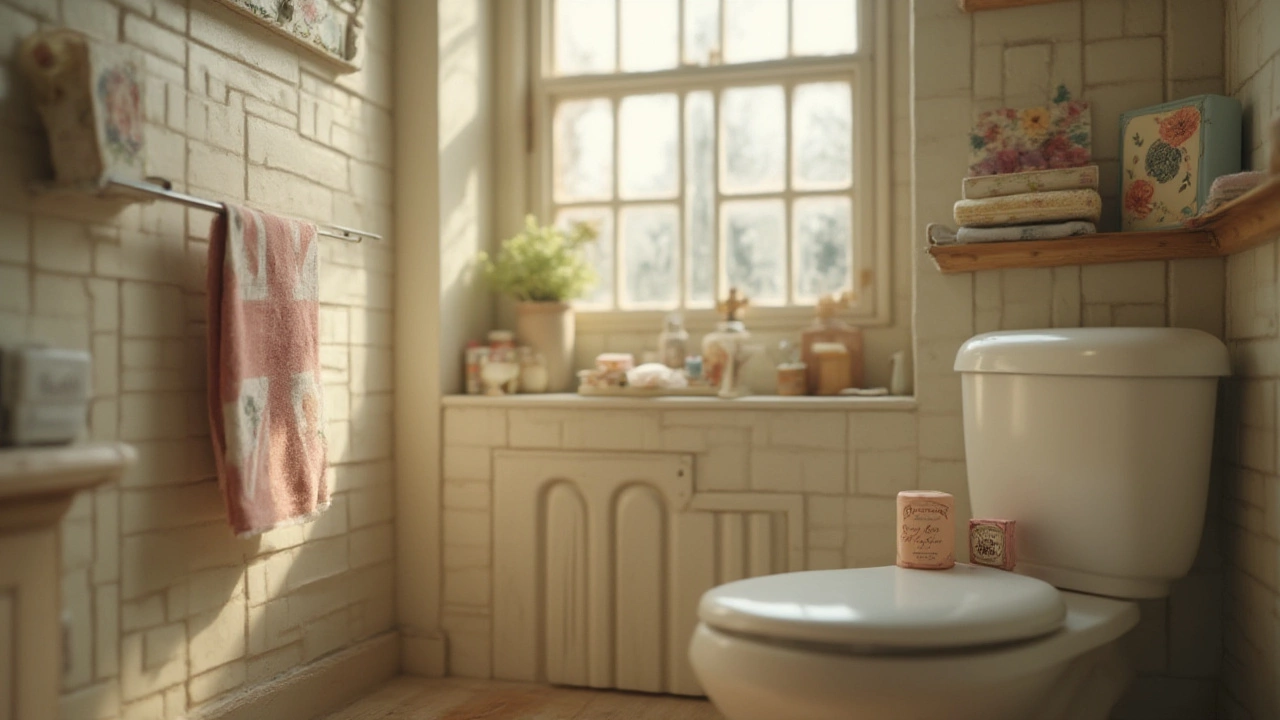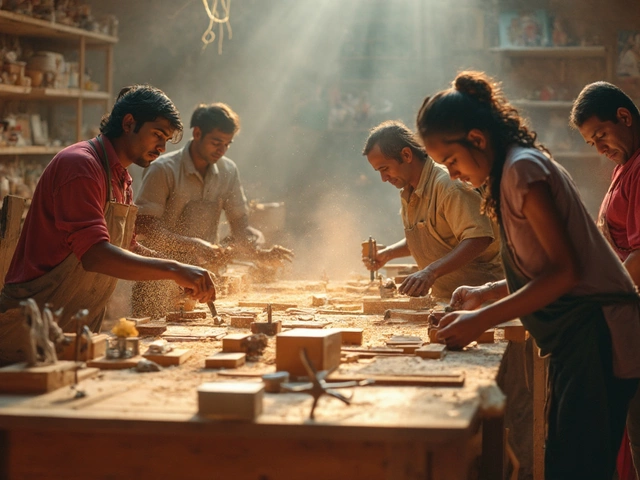British Slang: Everyday UK Expressions You Should Know
If you’ve ever watched a British TV show or chatted with a UK friend, you’ve probably heard words that sound weird at first. Words like "mate," "rubbish," and "quid" pop up all the time. This guide breaks down the most common British slang, shows how it’s different from American slang, and gives you simple tips to sound natural.
Money‑Related Slang in the UK
Brits love to talk about cash in colorful ways. The most basic term is quid, which simply means a pound. If you hear someone say, "That costs ten quid," they’re just talking about ten pounds.
Another popular phrase is bob. It used to mean a shilling before the decimal system, but today people still use it for a small amount of money. "Give me a bob for the tram" means a cheap fare.
When it comes to bigger sums, you might hear stack or rack. In the UK, a "stack" often refers to a thousand pounds, similar to the US meaning of a thousand dollars. It’s common in casual conversation about salaries or big purchases.
Finally, fiver and tenner are everyday words for five‑pound and ten‑pound notes. Saying "Can I borrow a fiver?" is the same as asking for a five‑pound loan.
Common Everyday Slang vs. American English
Some British words have no direct American counterpart. Mate is a friendly way to address anyone, like "buddy" or "pal". You’ll hear it in greetings: "Alright, mate?"
Bloke means a man, similar to "guy". If someone says, "He's a nice bloke," they’re saying the guy is pleasant.
The word rubbish can be a noun (trash) or an adjective (bad). In the US, you might say "trash" or "garbage" for the noun, but the British also say things like "That film was rubbish" meaning it was terrible.
When Brits "take the piss," they’re joking or teasing. It’s not about actual waste; it’s a playful way to mock something. An American might say "pulling my leg" for the same idea.
Other quick swaps: cheers works as a thank you, not just a toast. If someone hands you a coffee, you can reply, "Cheers!" In the US, you’d usually say "thanks".
Even everyday actions get slang names. To "pop round" means to make a short visit. "I’ll pop round later" is a casual way to say you’ll stop by.
Notice how many British slang terms are short, informal, and often end in an "-er" sound (like "bloke" or "cheers"). This gives the language a relaxed vibe that can feel very friendly.
Want to sound natural? Use these tips: listen to native speakers, repeat phrases out loud, and don’t force the slang. Slip a few words into your conversation and watch how people respond. If they smile or correct you, you’re on the right track.
Remember, slang changes fast. What’s popular today might be outdated tomorrow. Keep an eye on TV shows, podcasts, and social media to stay current. The more you practice, the easier it gets to blend British slang into everyday chat without sounding forced.
Now you have a handy cheat‑sheet of British slang for money, greetings, and everyday jokes. Use it next time you talk to a UK friend or watch a British series, and you’ll sound more like a local in no time.
What Do Brits Call Toilet Paper? UK Slang, History & British Bathroom Habits Explained
Explore what Brits call toilet paper, British slang, quirky habits, and how bathroom talk reveals UK culture. Discover history, facts, and UK-American lingo gaps.
View More




